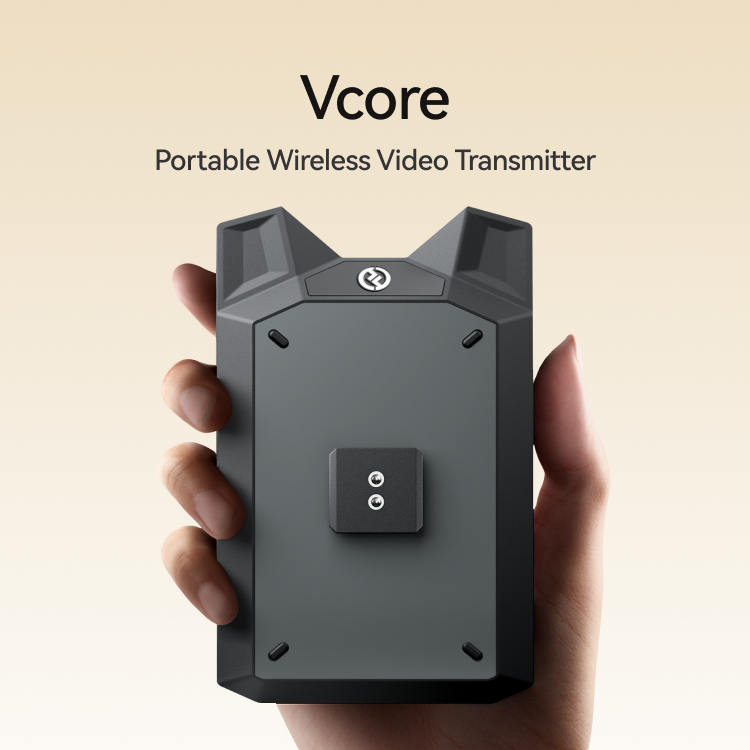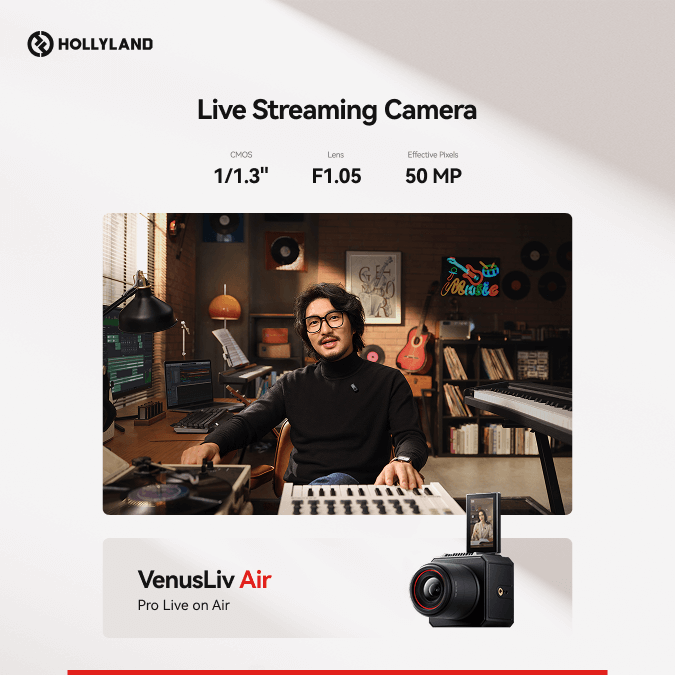Ham radio, or amateur radio, connects people from across the globe without the need for internet or mobile networks. Whether you’re a seasoned ham or just starting out, the clarity and comfort of your communication rely heavily on your equipment, especially your microphone. A boom microphone, in particular, offers hands-free operation and superior sound quality, making it a staple for enthusiasts who want to chat with ease during long sessions. In this review, we’ll explore the best ham radio boom microphones on the market, helping you find the perfect fit for crystal-clear conversations, whether you’re reaching out locally or touching base worldwide.
When selecting the best ham radio boom microphone, it’s important to consider several key criteria to find a model that suits your specific needs. Here’s a brief introduction to these criteria:
1. Audio Quality: The primary function of a boom microphone is to capture clear, crisp sound. Look for a microphone with a wide frequency response and good sensitivity.
2. Comfort: Since a boom microphone is typically used for extended periods, it should be lightweight and comfortable, with an adjustable design that can accommodate different head sizes and shapes.
3. Build Quality: Durability is key, so select a boom microphone made from robust materials that can withstand regular use and handling.
4. Compatibility: Ensure the microphone can be easily connected to your existing ham radio setup or interface. Check for the type of connector it uses, like a 3.5mm jack, XLR, or a specific brand connector.
5. Noise Cancellation: A good boom microphone should have the ability to filter out background noise, allowing for clear communication even in noisy environments.
6. Price: While you want quality, it’s also important to find a microphone that provides good value for money within your budget.
7. User Reviews: Lastly, look at user reviews to understand real-world performance and any potential issues with the microphone.
With these criteria as a guide, let’s explore the top boom microphones for ham radio enthusiasts.
| Product Name | Price (USD) | Frequency Response | Polar Pattern | Impedance (Ohms) | Sensitivity (dB) | Connector Type |
|---|---|---|---|---|---|---|
| Heil Sound PR 781 | $209 | 50 Hz – 16kHz | Cardioid | 600 | -55 dB | XLR |
| Electro-Voice RE27N/D | $499 | 45 Hz – 20 kHz | Cardioid | 150 | -51 dB | XLR |
| Shure SM7B | $399 | 50 Hz – 20 kHz | Cardioid | 150 | -59 dB | XLR |
| Inrad M629 | $79 | 40 Hz – 16 kHz | Super cardioid | 600 | -51.5 dB | XLR |
| Yaesu MD-100A8X | $125 | 100 Hz – 5 kHz | Omni/Cardioid (Var.) | 500 | -75 dB | XLR/Modular |
Heil Sound PR 781
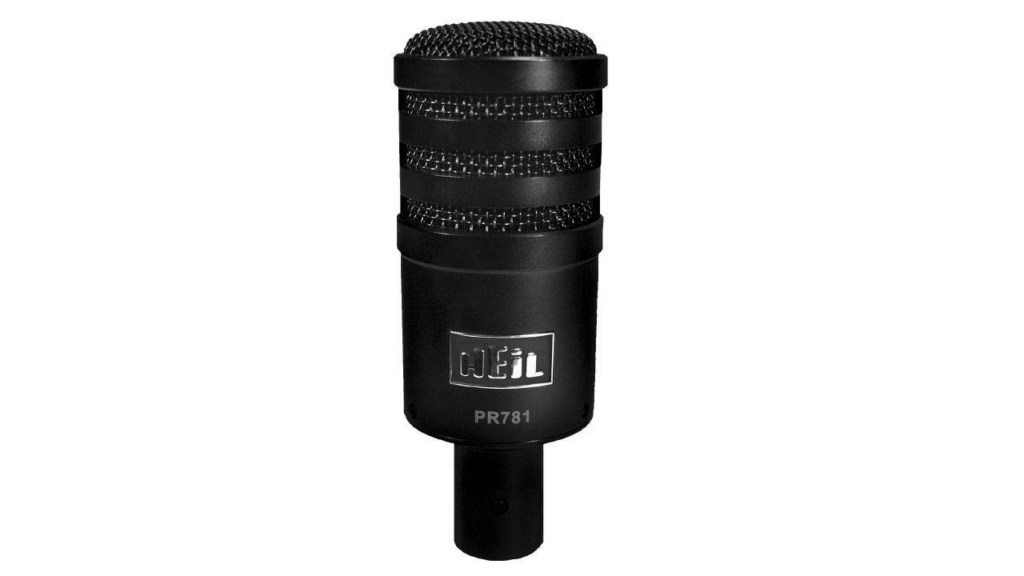
Overview
The Heil Sound PR 781 is a high-quality boom microphone that certainly doesn’t disappoint. Right out of the box, the PR 781 dazzles with its sleek design and robust construction. Made specifically for amateur radio, it brings out the clarity and punch needed for reliable on-air communications. It’s a dynamic cardioid microphone, meaning it’s great at zeroing in on your voice while rejecting sounds from the sides and rear – perfect for busy environments.
In my personal experience, the PR 781 provides a rich, full-bodied audio profile which has been tailored to enhance frequencies typically associated with the human voice. The result is a natural, broadcast-quality sound that cuts through noise and gets your message across with exceptional clarity. Whether you’re chatting on local nets or reaching out to distant contacts during a contest, your voice hits the airwaves with a professional edge that makes a difference.
Specs
- Type: Dynamic
- Pickup Pattern: Cardioid
- Frequency Response: 50 Hz to 16 kHz
- Impedance: 600 ohms
- Connector: 3-pin XLR
- Integrated swivel mount
Pros:
- The cardioid pattern does an excellent job at noise rejection.
- The frequency response is tailored for spoken word, creating a smooth, radio-ready voice quality.
- It’s built like a tank, promising longevity and sturdiness during extensive use.
Cons:
- Requires an additional interface or transmitter with a 3-pin XLR for connectivity, which might not be ideal for plug-and-play enthusiasts.
- Some might find the bass response lacking when compared to other microphones like the Shure SM7B, though this is more subjective and depends on personal taste.
- While the swivel mount is handy, you’d have to invest in a separate shock mount for absolute vibration isolation.
Price
The Heil Sound PR 781 isn’t necessarily budget-friendly, nor is it exorbitantly priced. It usually retails around the $280 mark, which, for the quality and performance it delivers, is quite reasonable. If you’re serious about your amateur radio pursuits, consider this a worthy investment. Remember, though, you may need to factor in the cost of additional accessories like a boom arm, shock mount, and an interface, potentially pushing your total setup costs up.
Electro-Voice RE27N/D Dynamic Cardioid Multipurpose Microphone
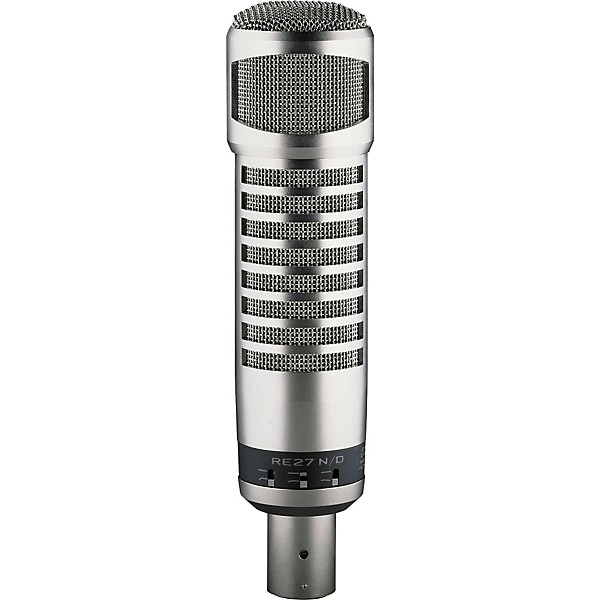
Overview
The Electro-Voice RE27N/D is a premium-grade boom microphone that stands out in the market for its exceptional sound quality and robust design. What really got my attention with this mic is its variable-D design which limits positional sound changes, making it incredibly versatile and perfect for ham radio operators who might shift positions frequently. The frequency response is tailored, accentuating the clarity of voice communications, ensuring that every transmission is heard loud and clear. It feels like Electro-Voice thought about the ambient environment ham radio enthusiasts might face – the built-in filters are remarkably effective in minimizing background noise and potential RF interference, which is a common annoyance.
The heavy-duty build of the RE27N/D makes it clear that this microphone is designed for serious users. It has a certain heft that speaks to its quality without being overly cumbersome, making it a substantial centerpiece in any radio setup. Its unique combination of sleek metal finish and practical design doesn’t just make it look professional, but also feel enduringly reliable.
Specs
- Type: Dynamic cardioid
- Frequency Response: 45 Hz to 20 kHz
- Impedance: 150 ohms
- Sensitivity: -51 dB
- Connectivity: XLR
- Built-in Filters: Three selectable filters – bass roll-off, mid-range emphasis (presence boost), and high-frequency roll-off
The RE27N/D boasts a dynamic range that captures a wide spectrum of tones, ensuring that the finer nuances of your voice aren’t lost in transmission. The XLR connection is a standard in audio quality, delivering uncolored and precise sound. The three-stage bass roll-off is particularly notable – it’s like having an audio engineer right inside the mic, helping to adapt to various voice pitches and room acoustics almost seamlessly.
Pros:
- Exceptional sound quality with clear articulation
- Variable-D technology minimizes proximity effect
- In-built filters offer great control over sound modulation
- Robust and durable design
- Versatile for a range of applications beyond ham radio
Cons:
- May be considered heavy by some users
- Premium price point might not be accessible for all
- Requires a substantial boom arm due to weight
Given its performance and built-in features, it’s hard to find many faults in the RE27N/D. However, it is a significant investment, and some hams might find it heavier than expected which requires consideration of the supporting gear.
Price
At the time of crafting this review, the Electro-Voice RE27N/D sits in the upper range of pricing for boom microphones, reflecting its professional-grade capabilities. You’d likely find it priced around $500 to $600. Though this is not an inexpensive option by any means, the price is justified in the sheer audio quality and versatility it provides to its user. It’s a long-term investment for any ham radio operator looking to enhance their audio transmission significantly.
Conclusion
In summary, the Electro-Voice RE27N/D is a top-tier microphone for ham radio use, offering a suite of features that secure its position as an asset for anyone serious about their audio experience. Its precision in capturing voice, coupled with its robust build, makes it a standout option. While the price may be a hurdle, for those who dip into their pockets, it won’t disappoint. It’s a purchase that says you’re all-in on delivering the best possible audio over the airwaves.
Shure SM7B
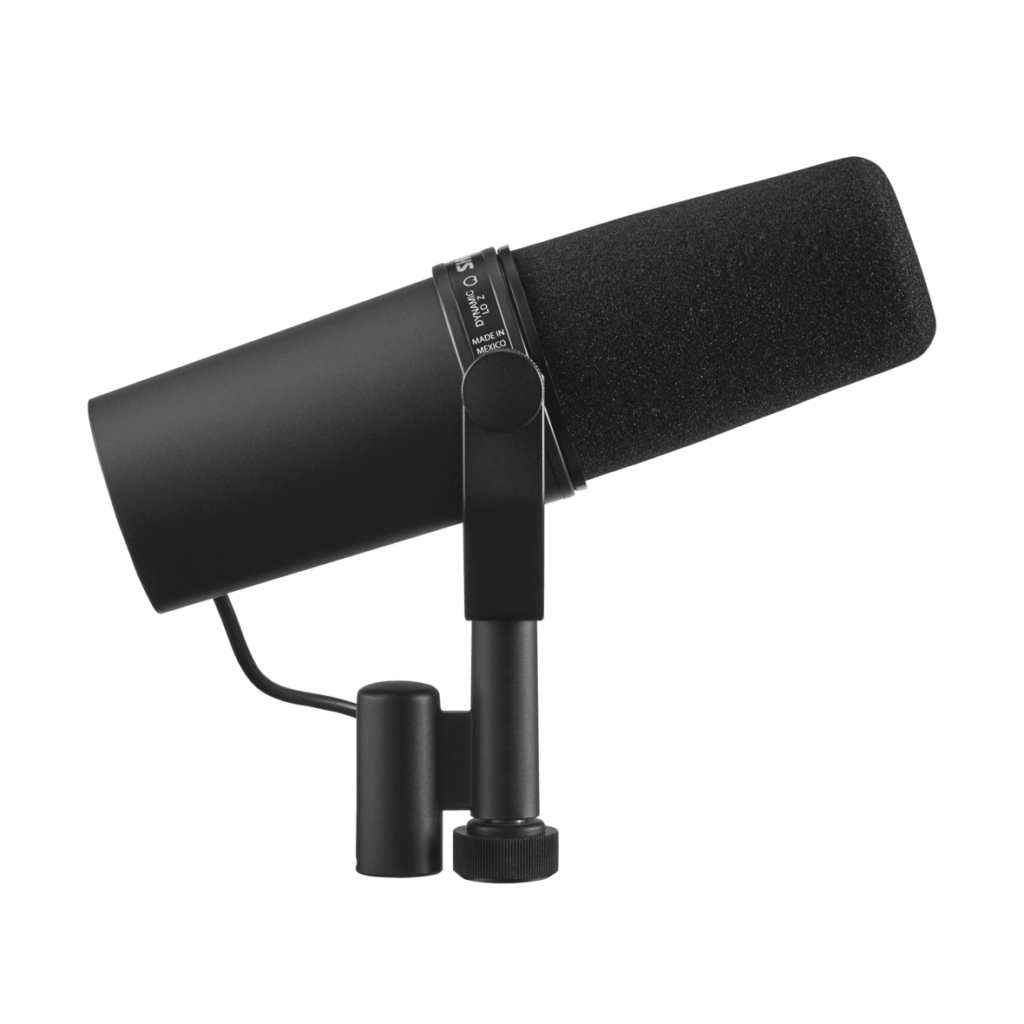
Overview
The Shure SM7B is an iconic microphone that enjoys a stellar reputation in the world of audio production. Initially designed to be a broadcast workhorse, it has found a home not just in radio stations but also in professional recording studios. Its versatility and performance have, over the years, built a following among podcasters, streamers, and ham radio enthusiasts.
My experience with the Shure SM7B was nothing short of impressive. The microphone itself exudes a level of professionalism as soon as you take it out of the box. Its sturdy construction gives it a heft that screams ‘quality’. Once I had it set up in my ham radio setup, the first thing I noticed was its exceptional ability to reject background noise. It does an excellent job at isolating your voice, focusing solely on the sound coming from directly in front of it — which is exactly what you need in an environment where you want your communications to be clear and free of interference.
The sound quality is phenomenal — it captures the natural tone of your voice without adding any noticeable coloration. This flat, natural response is a hallmark of the Shure SM7B, and it’s a big reason why it’s so beloved. There’s a warmth and depth to the audio that just makes your transmissions more pleasant to listen to.
Specs
- Polar Pattern: Cardioid
- Frequency Response: 50 Hz to 20 kHz
- Impedance: 150 ohms
- Sensitivity: -59.0 dBV/Pa
Pros:
- Exceptional vocal clarity.
- Excellent background noise rejection.
- Robust, durable construction.
- No need for an external pop filter.
- A trusted choice among professionals in broadcasting and recording.
Cons:
- Requires a good preamp due to low output level.
- On the higher end of the price spectrum for hobbyists.
- Lack of multiple polar pattern options.
Price
The Shure SM7B falls on the higher end of the price range for boom microphones used in ham radio setups. This could be a sticking point for casual users, but for those who are serious about their audio quality and are looking for a long-term investment, the price is justified.
Final Thoughts
In conclusion, if you’re committed to achieving professional-grade audio for your ham radio broadcasts, podcasts, or any other audio project, the Shure SM7B is a sound investment. Its price tag might raise eyebrows, but the microphone is a testament to “getting what you pay for.” It lifts the quality of any amateur radio setup to near professional studio levels, and your audience will likely notice and appreciate the superior sound quality. It’s a purchase that, while considerable, you’re unlikely to regret.
Inrad M629
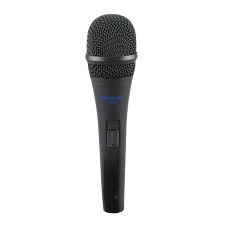
Brief Intro:
The Inrad M629 is a premium-grade boom microphone designed for ham radio enthusiasts who are looking to step up their communication game. Tailored for superior audio performance, the M629 caters to both amateur radio operators who enjoy lengthy rag-chews and those engaging in more serious DXing or contesting.
Overview:
Right out of the box, the Inrad M629 feels like a piece of equipment that has been crafted with the user in mind. Its sleek black finish and robust construction convey a sense of durability and quality. One of the first aspects that struck me about the M629 was its excellent balance between sensitivity and noise rejection. This mic has the capability to capture the nuances of your voice while minimizing unwanted background noise, a feature that’s essential in any ham shack.
Another impressive characteristic of the M629 is its audio profile. The microphone emphasizes clarity and presence, which means your transmissions cut through the noise and are easily understood by contacts, near or far. This is paramount during conditions when the bands are crowded or when signals are weak.
After testing it on air, I received numerous unsolicited positive reports about the sound quality. This feedback from fellow hams solidified my opinion that the Inrad M629 stands out in its class. Whether you’re connecting with friends or competing in an international contest, this microphone is reliable and will certainly not let you down.
Specs:
- Element Type: Dynamic
- Polar Pattern: Cardioid
- Frequency Response: Tailored for voice communications
- Impedance: Compatible with most transceivers
- Connector Type: 8-pin connector (adaptable to various radios)
Pros:
- Exceptional audio clarity that enhances voice communications.
- Good rejection of background noise, keeping transmissions clean.
- Solid construction that promises durability.
- Pleasing aesthetic design that complements any ham radio setup.
Cons:
- May require an additional audio interface or adaptor for some transceivers, which is an extra expense.
- It’s a specialized piece of equipment, so newcomers to the hobby might find it a bit advanced.
Price:
The Inrad M629 sits in the mid to upper range in terms of pricing for ham radio boom microphones. It’s not the cheapest option out there, but you’re paying for quality. The exact price can fluctuate depending on where you purchase it and any additional accessories you might need, but expect to invest a sum that’s worthy of the significant upgrade in audio performance it offers for your station.
In conclusion, the Inrad M629 offers serious ham radio operators an impressive tool for enhancing their communication capabilities. It’s a well-rounded microphone that delivers on its promises and should certainly be considered if you’re looking to take your audio to the next level.
Yaesu MD-100A8X
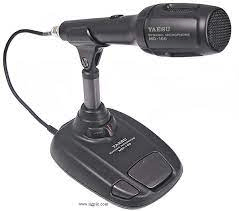
Overview
The Yaesu MD-100A8X is a dynamic desktop microphone specifically tailored for the dedicated ham radio operator who seeks an improvement in voice transmission quality. With its sleek and robust design, it not only complements the aesthetics of your radio setup but also packs a punch in performance.
In my hands-on experience with the MD-100A8X, I found it exceptionally user-friendly and versatile. It has a built-in low-cut filter that tackles unwanted background noise effectively, enhancing clarity. This microphone feels like a natural extension of the Yaesu transceivers it’s designed for, but what impressed me the most was the fine-tunable audio quality which allows for a remarkable degree of customization.
Audio fidelity is warm and well-balanced, ensuring that your communications have that professional sheen. This is especially critical during long contests or nets where clear communication can make all the difference. Additionally, the pivotal base of the microphone provides stability and ease of adjustment, which is a small but significant feature that I appreciate.
Specs
Most technical specifications can be found in the manual or product listing, but let’s focus on what makes the MD-100A8X stand out in real-world use:
- Type: Dynamic
- Frequency Response: Tailored for vocal clarity
- Built-in Features: Low-cut filter
- Stability: Solid base with adjustable positioning
- Physical Connectivity: Standard 8-pin connector (compatible with most Yaesu transceivers)
- Finish: Matte black with metallic accents
Pros:
- Offers a significant audio quality upgrade from standard hand microphones.
- Low-cut filter efficiently removes hum and rumble from the environment.
- The build quality gives it a professional feel and a level of durability that suggests it will last.
- The inclusion of photo and normal settings for tailored sound.
Cons:
- Exclusively compatible with Yaesu transceivers, which limits its versatility.
- Some operators might find the sound a bit too tailored; if you prefer a more ‘raw’ audio, this might soften your signal more than you’d like.
- It is a bit on the expensive side compared to entry-level mics, though in my opinion, the quality justifies the cost.
Price
The Yaesu MD-100A8X typically retails around the $150 mark. While it’s not the cheapest option out there, the investment in audio quality and the luxurious feel are worth the price for serious hobbyists or anyone looking to make a significant impact on air. Remember, in the world of ham radio, being heard clearly is paramount, and the MD-100A8X delivers on that promise.
In conclusion, if you are a Yaesu transceiver owner, the MD-100A8X is an essential addition to your ham shack. It’s a serious tool for the serious operator and will provide a noticeable enhancement to your transmissions.
Conclusion:
In choosing the perfect ham radio boom microphone, it’s crucial to consider not just sound clarity and build quality, but also comfort and compatibility with your radio. The options highlighted in our listicle showcase a mix of reliability, innovative features, and ergonomic designs, catering to every amateur radio enthusiast, from novices to seasoned Hams. Remember, the best mic enhances not only your on-air presence but also your overall operating experience. Make your selection wisely for countless hours of crisp, clear communications.
If audio clarity and mobility matter, consider stepping up your radio setup with a wireless lavalier microphone. Compact, convenient, and designed to deliver crisp voice transmission, it’s a perfect option for ham operators looking to broadcast hands-free.
FAQs:
- What should I look for in a ham radio boom microphone?
Look for audio quality, comfort, compatibility with your radio, durability, and any additional features such as noise-canceling capabilities or adjustable gain. - Can I use any boom microphone with my ham radio?
Not all microphones are compatible with every radio. Ensure the connector type and impedance match your ham radio’s specifications. - Does the length of the boom arm matter?
Yes, you’ll want an arm that’s long enough for comfortable positioning but also sturdy enough to hold the microphone steady without sagging or bouncing.
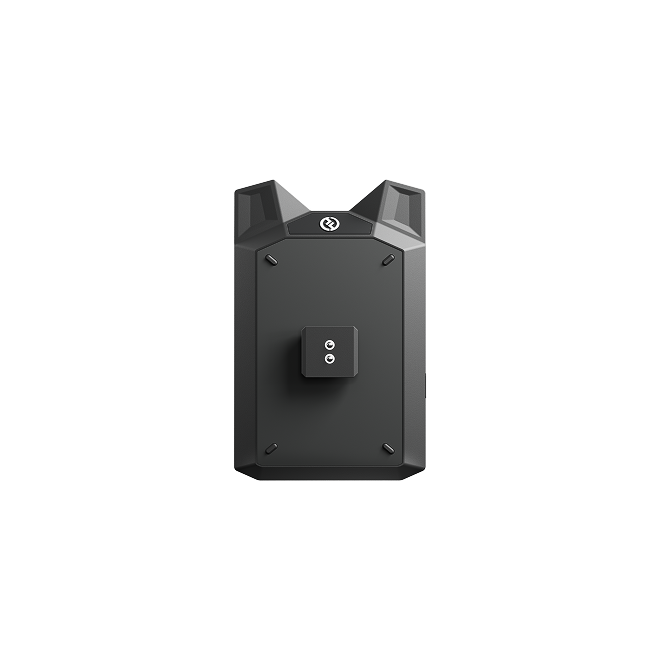

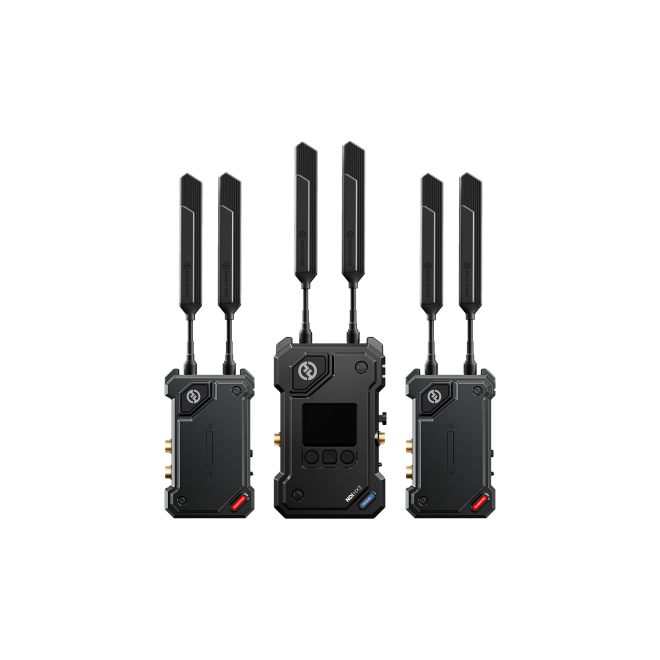
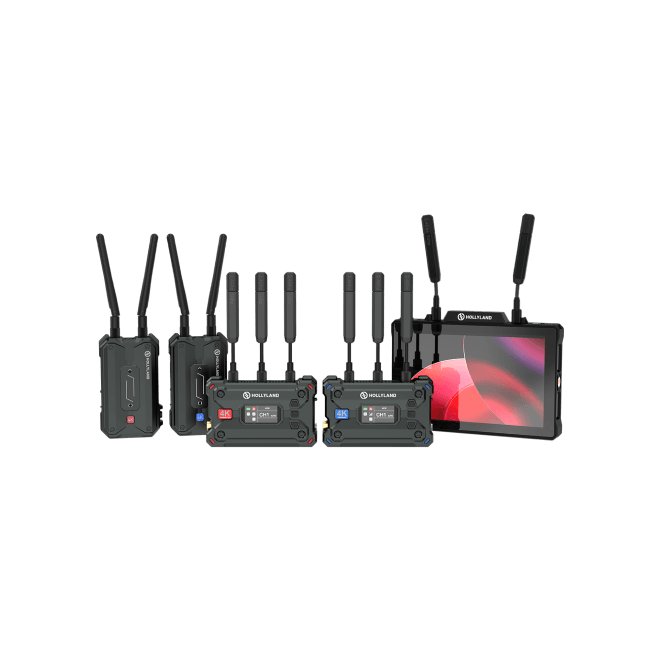
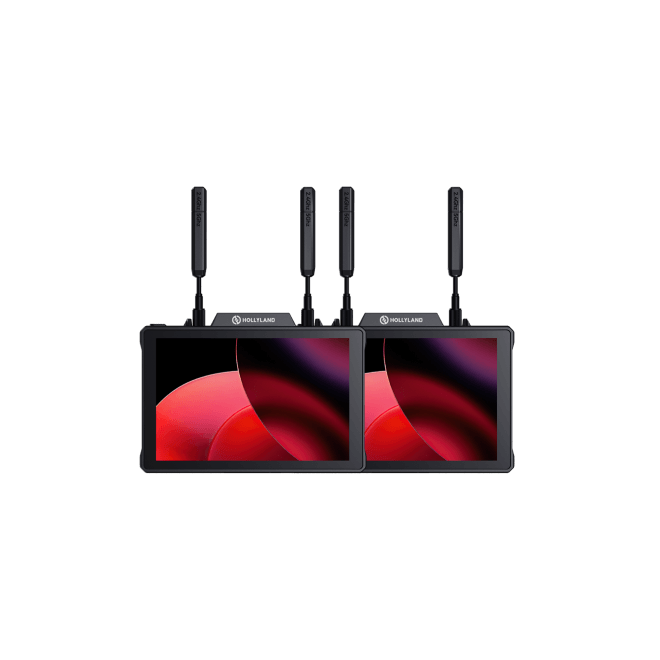
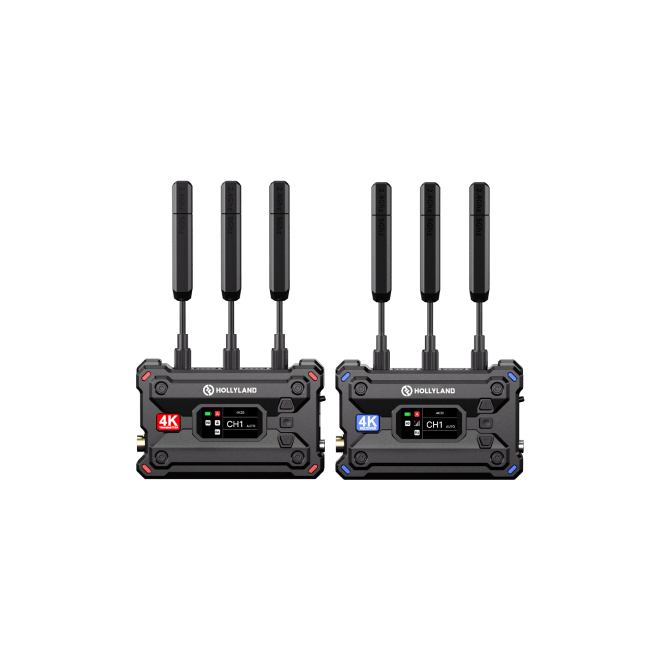
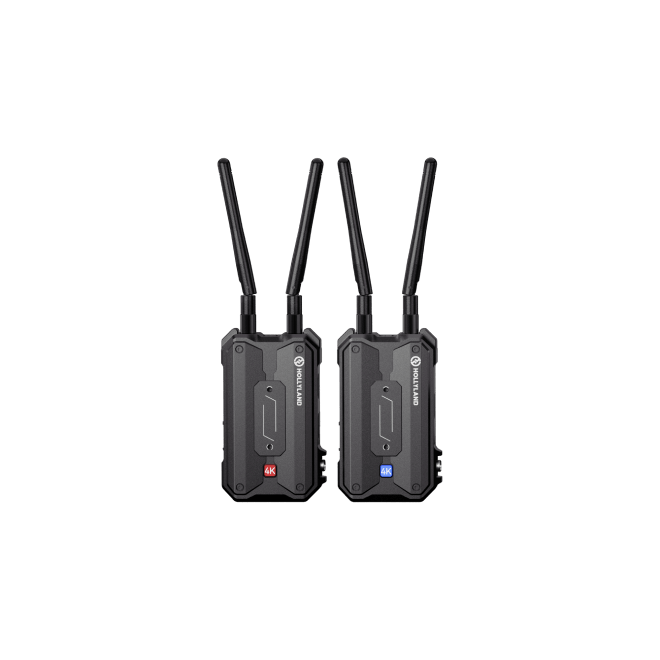
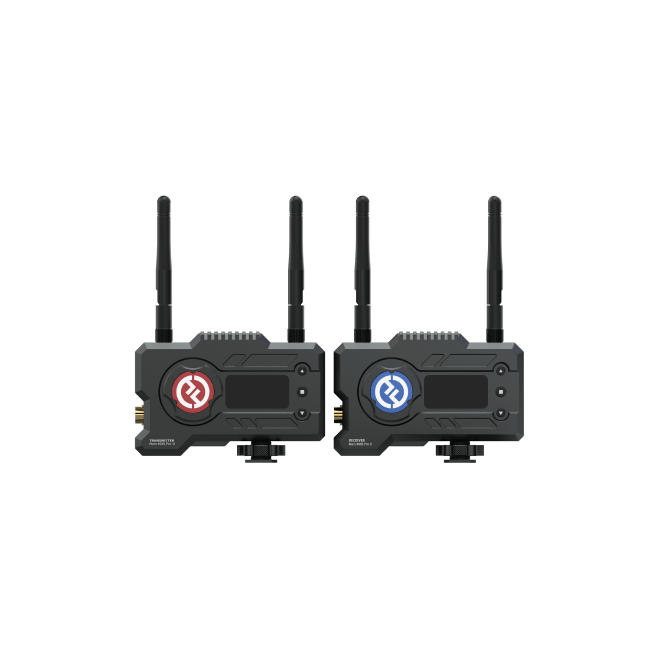
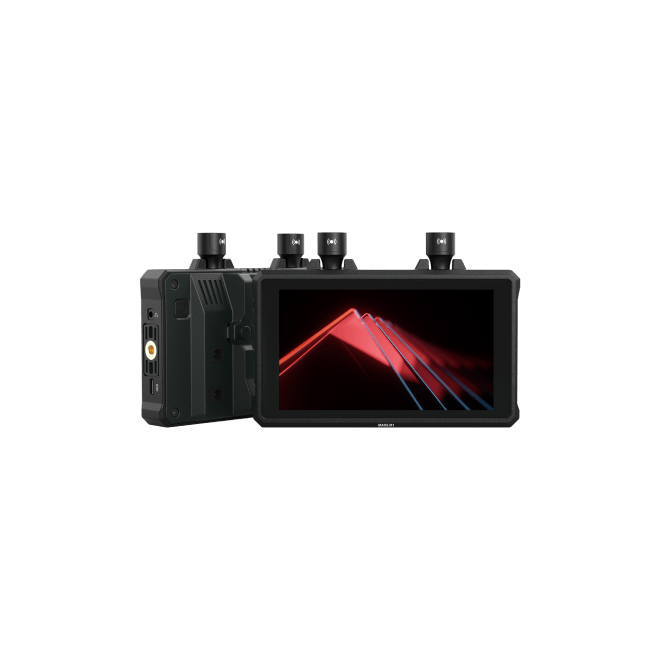
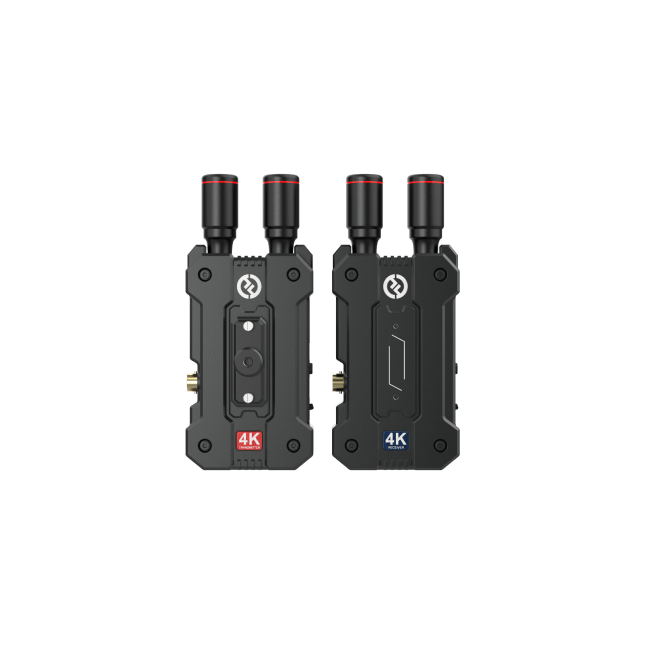
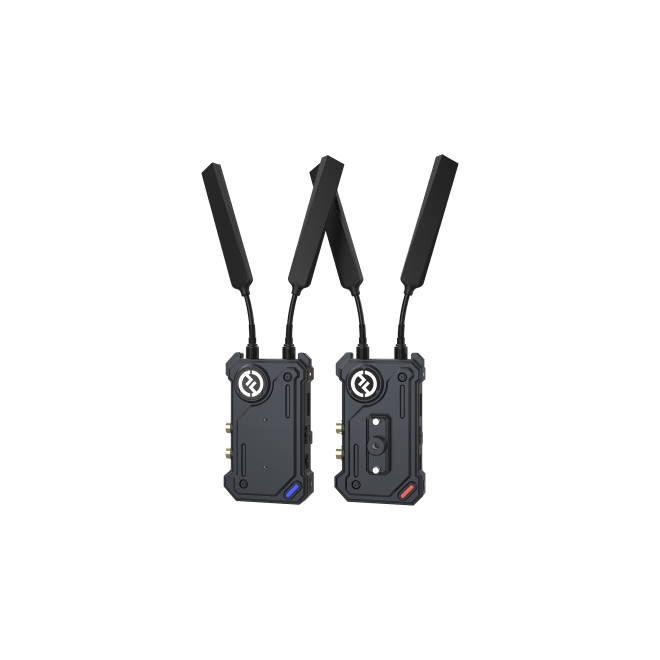
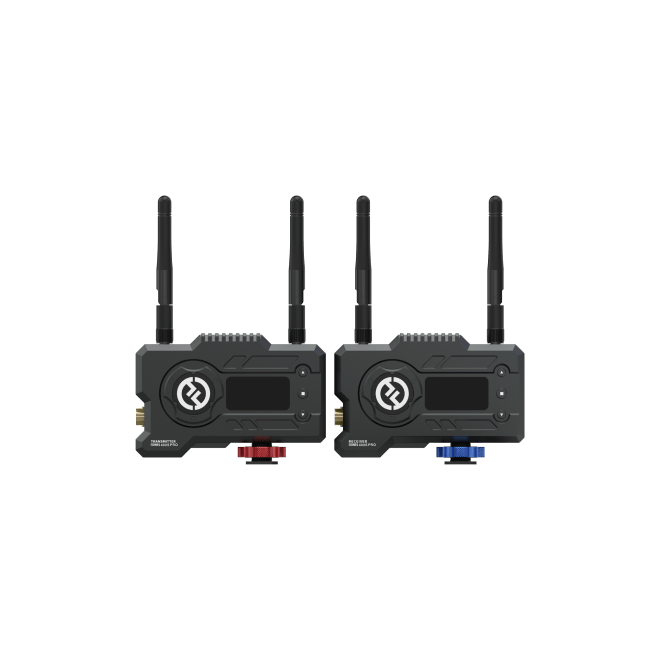
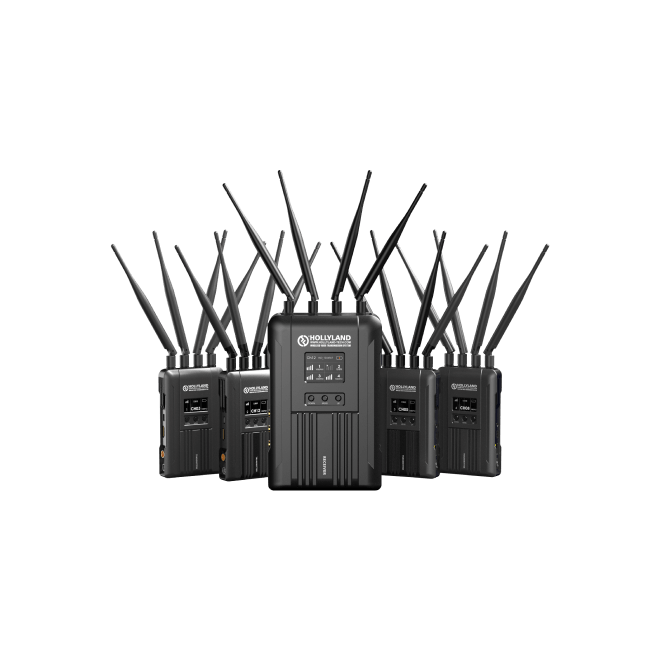
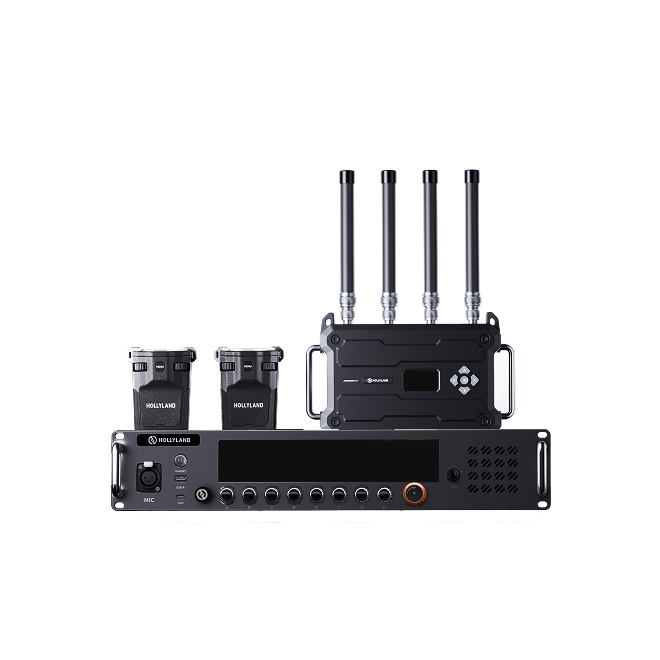

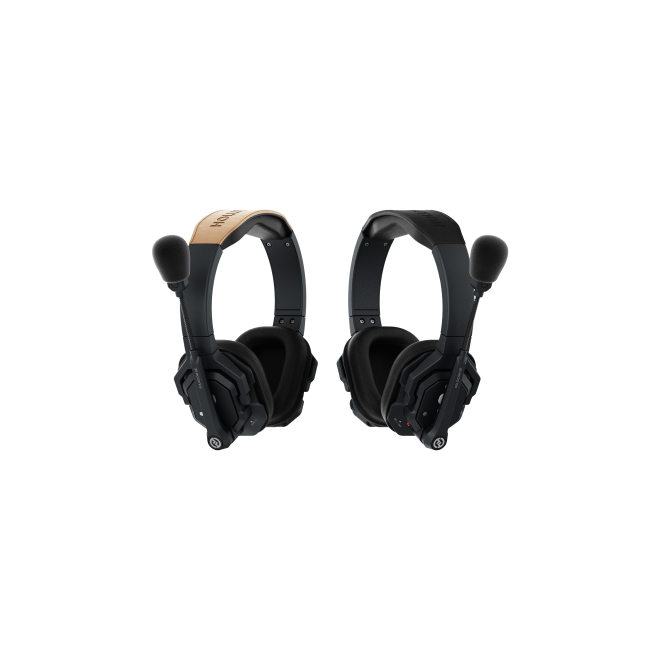

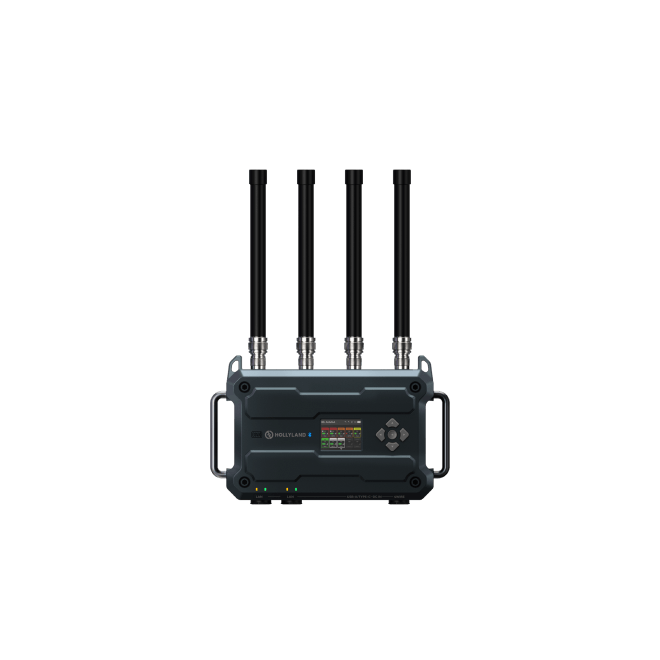
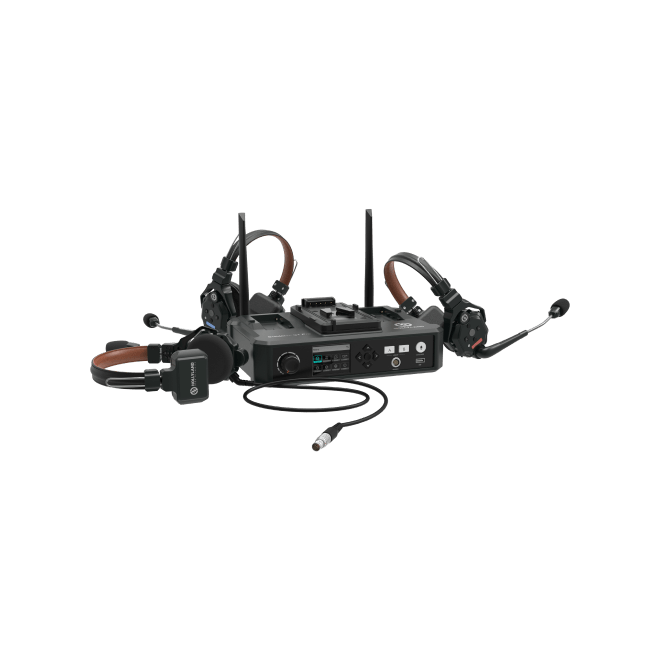
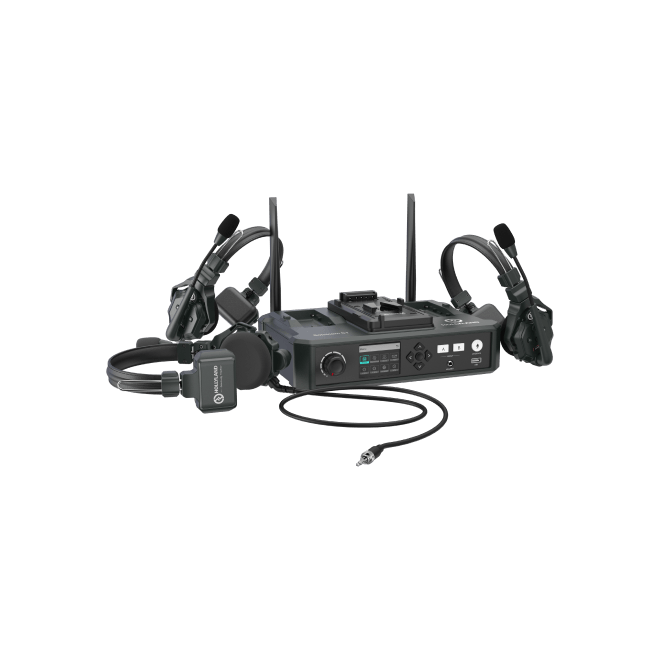
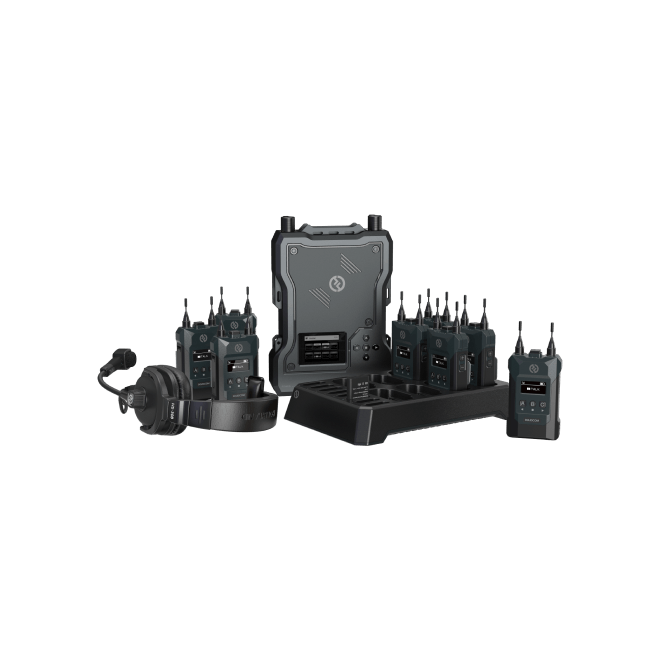
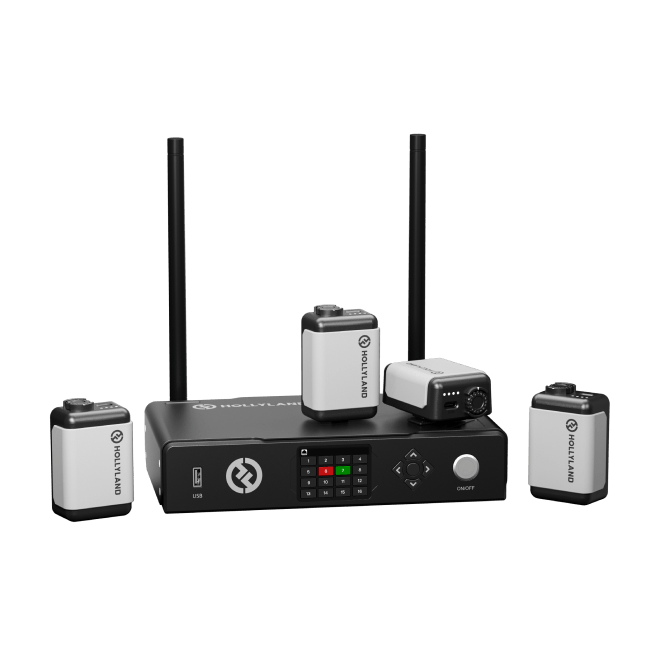
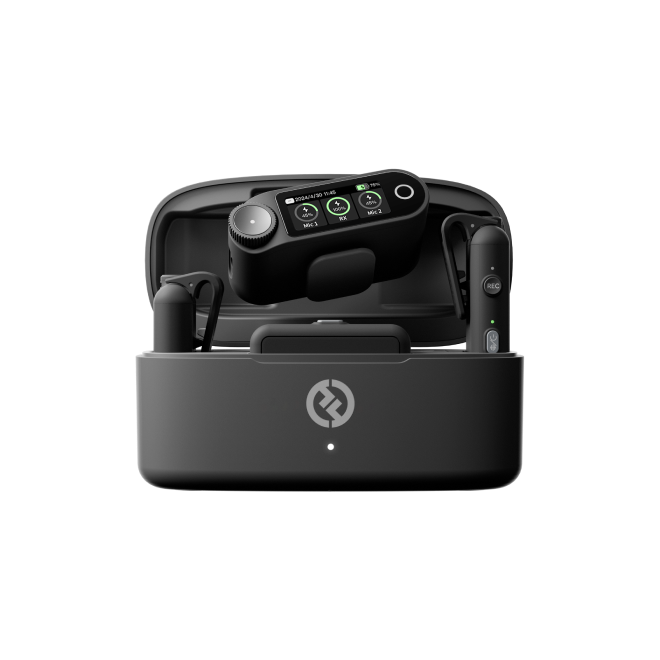
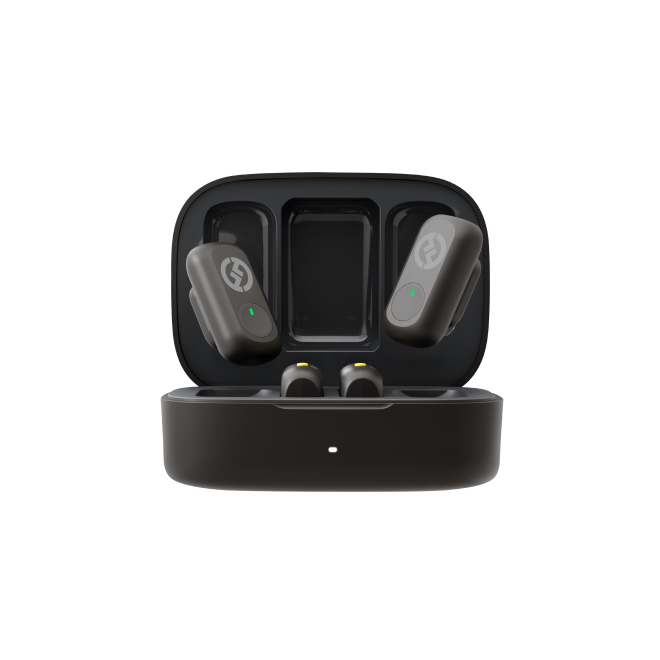

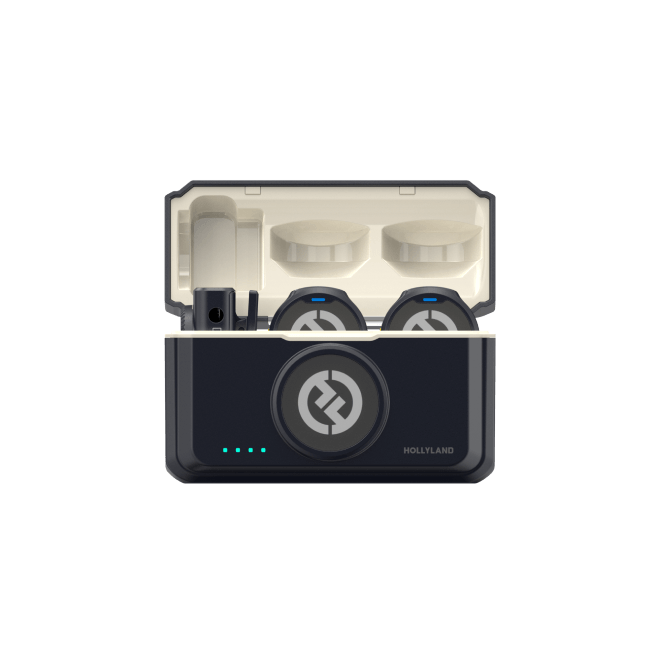
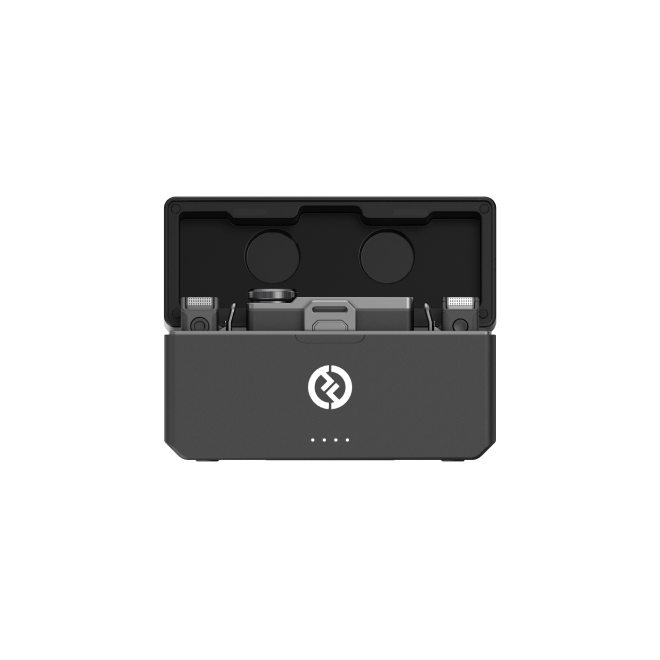
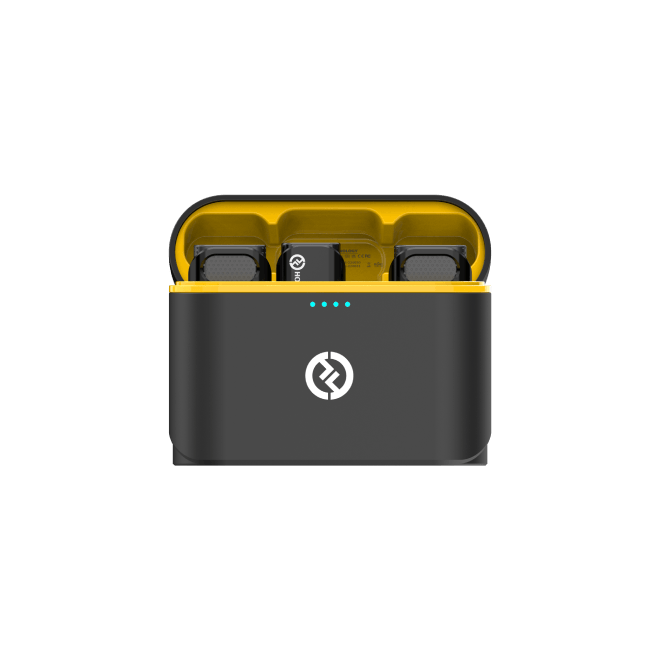
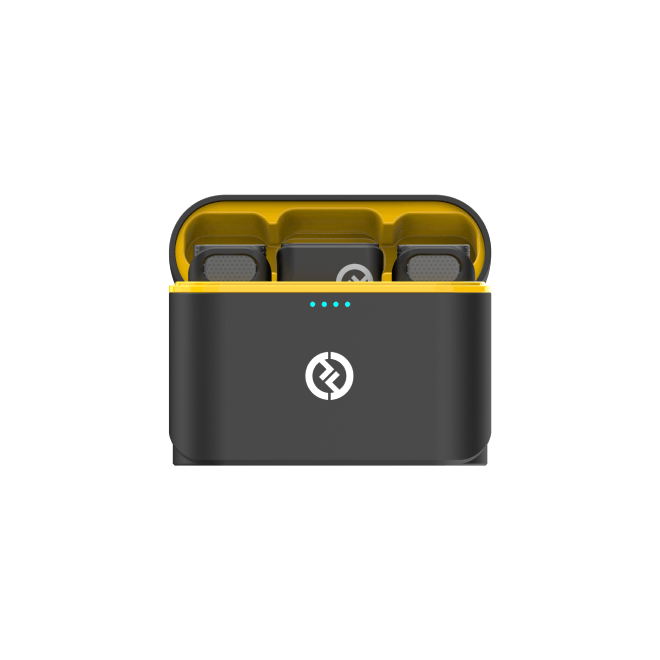
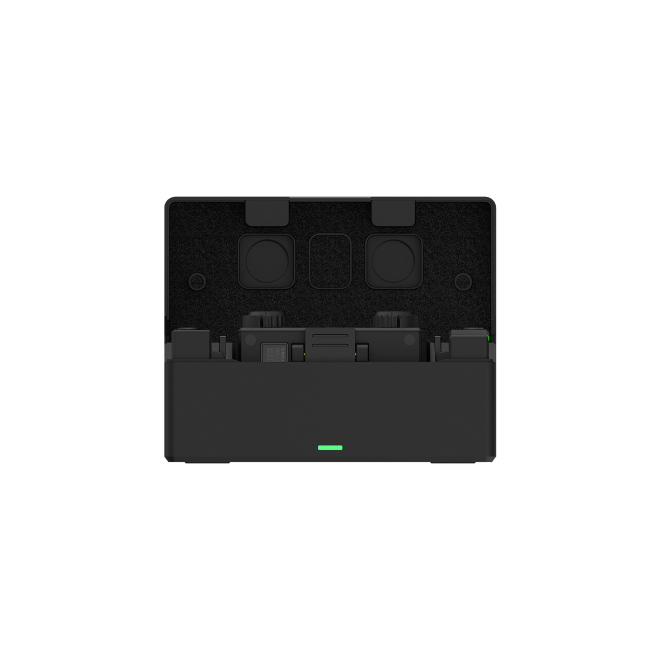
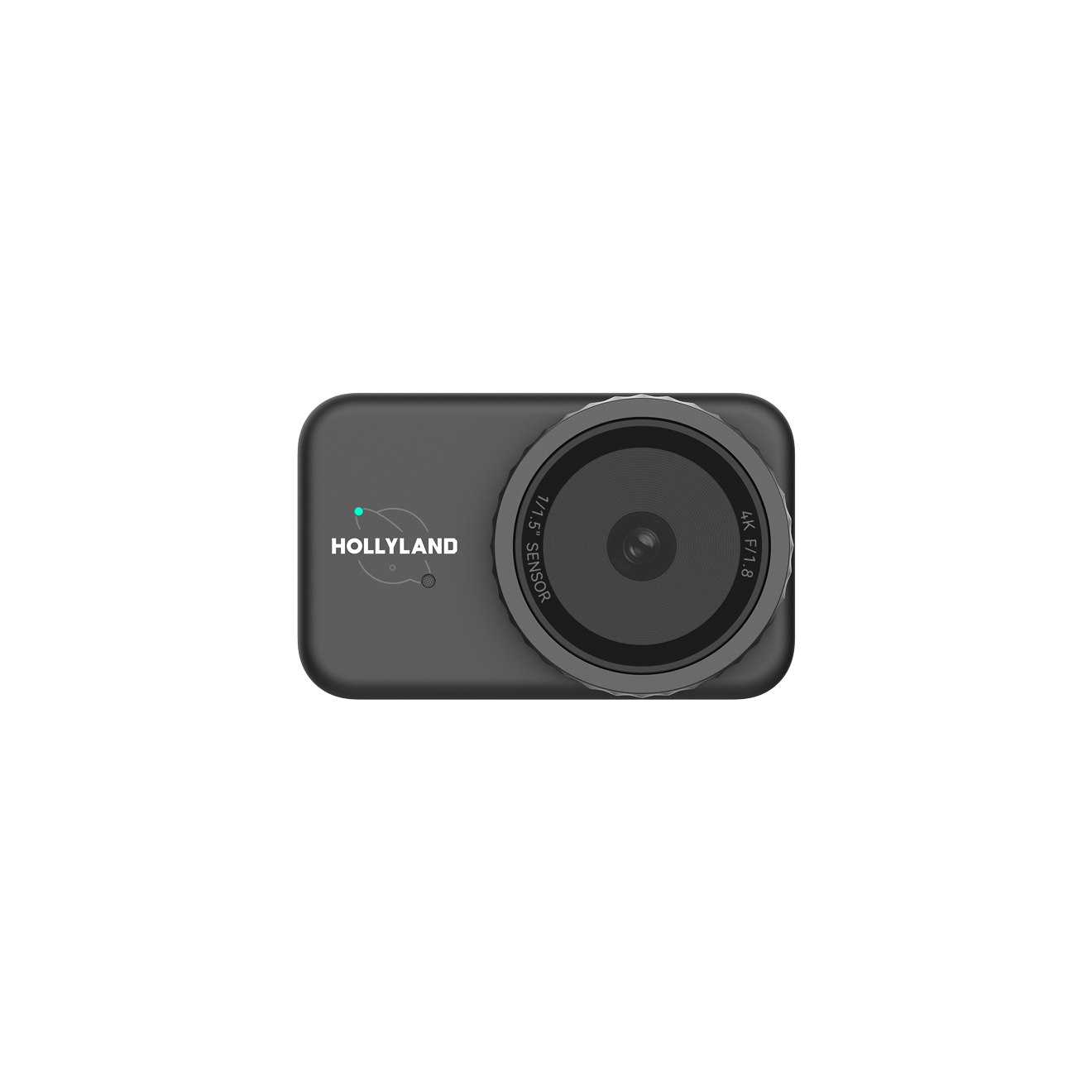

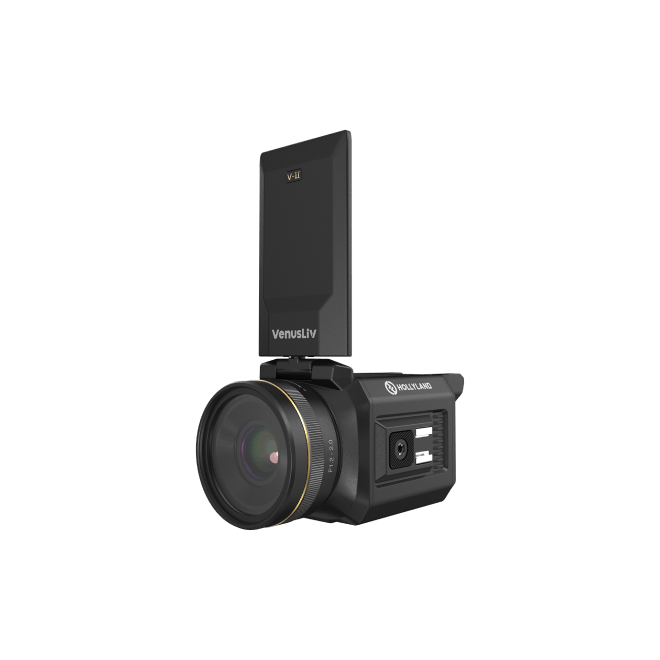
.png)



